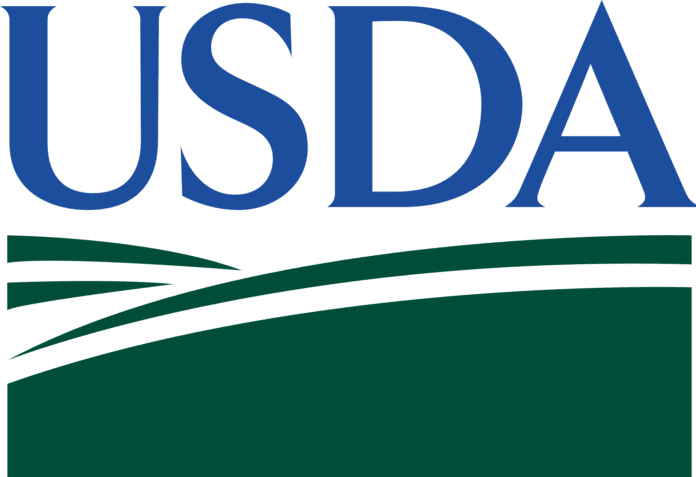Brooke Rollins Confirmed as USDA Chief in 72-28 Senate Vote
On February 14, 2025, the U.S. Senate voted decisively to confirm Brooke Rollins as the new Secretary of the U.S. Department of Agriculture (USDA), with a tally of 72 votes in favor and 28 against. Rollins, a long-time ally of former President Donald Trump and a former White House policy advisor, will take the helm of a crucial agency that oversees a workforce of approximately 100,000 employees engaged in farm programs, food assistance initiatives, and school meal programs. This confirmation comes at a pivotal moment, as the agricultural sector grapples with declining farm incomes, potential reductions in domestic food aid, and broader efforts to streamline the federal workforce, notably influenced by high-profile figures such as billionaire Elon Musk.
The confirmation process for Rollins unfolded after the Senate Agriculture Committee conducted her nomination hearing on January 23, followed by a unanimous advancement of her nomination on February 3. The Senate’s bipartisan support reflects a degree of confidence in her capabilities to navigate the challenges facing the USDA.
Rollins brings a wealth of experience to the position, having spent 15 years leading a conservative policy organization in Texas that received backing from the oil industry. Under her leadership, the organization produced reports that criticized both ethanol and farm subsidies. During her nomination hearing, Rollins defended her past positions by stating that the reports were outdated and no longer aligned with her current policy views, asserting her support for ethanol production. This shift in perspective has garnered attention from various sectors, including the American Coalition for Ethanol. CEO Brian Jennings expressed optimism about collaborating with Rollins to finalize the 45Z clean fuel tax credit and enhance biofuel infrastructure.
However, Rollins’ confirmation is not without controversy. Her track record on environmental issues raises questions, particularly in light of her responses to inquiries about climate change. When asked by Agriculture Committee ranking member Amy Klobuchar whether she perceives climate change as a threat to U.S. farmers and ranchers, Rollins replied that while climate change is a reality that occurs annually, the specific causes and viable solutions are not universally understood. This ambiguous stance has sparked concern among environmental advocates and some lawmakers who believe that clear recognition of climate change’s impact on agriculture is essential for informed policy-making.
Rollins’ appointment has been framed as timely by key figures in the agricultural sector. House Agriculture Committee Chairman Glenn "GT" Thompson and ranking member Angie Craig both acknowledged the critical juncture at which Rollins assumes her role, expressing eagerness to collaborate on pressing agricultural issues. Given the challenges currently facing farmers and ranchers, including fluctuating commodity prices and uncertainties regarding federal support, the leadership provided by Rollins will be closely scrutinized.
Prior to her role at the USDA, Rollins served as the acting director of the White House Domestic Policy Council during Trump’s first term. She subsequently led the America First Policy Institute, a think tank aligned with Trump-era policies. Her experience in these roles has shaped her approach to agricultural policy, though some critics have expressed concern about her ties to the previous administration’s controversial policies, including the freezing of foreign aid and certain farm grant and loan programs. This freeze has led to disruptions at agricultural research laboratories and has hampered the disbursement of expected government payments to farmers.
As Rollins steps into her new position, she will encounter a landscape marked by both opportunity and challenge. The USDA plays a vital role in addressing a myriad of issues, from food security to agricultural innovation. With the backdrop of economic pressures on the farming community and the ongoing debate over climate policy, Rollins will need to navigate complex dynamics to effectively fulfill her responsibilities and support the interests of farmers, ranchers, and consumers alike.
In conclusion, Brooke Rollins’ confirmation as Secretary of the USDA marks a significant development in U.S. agricultural policy. Her experiences and views will undoubtedly influence the trajectory of the department during her tenure. As she embarks on this new chapter, stakeholders across the agricultural spectrum will be watching closely to see how she addresses the multitude of challenges facing the industry while balancing her past affiliations and policy perspectives with the pressing needs of today’s agricultural landscape.



